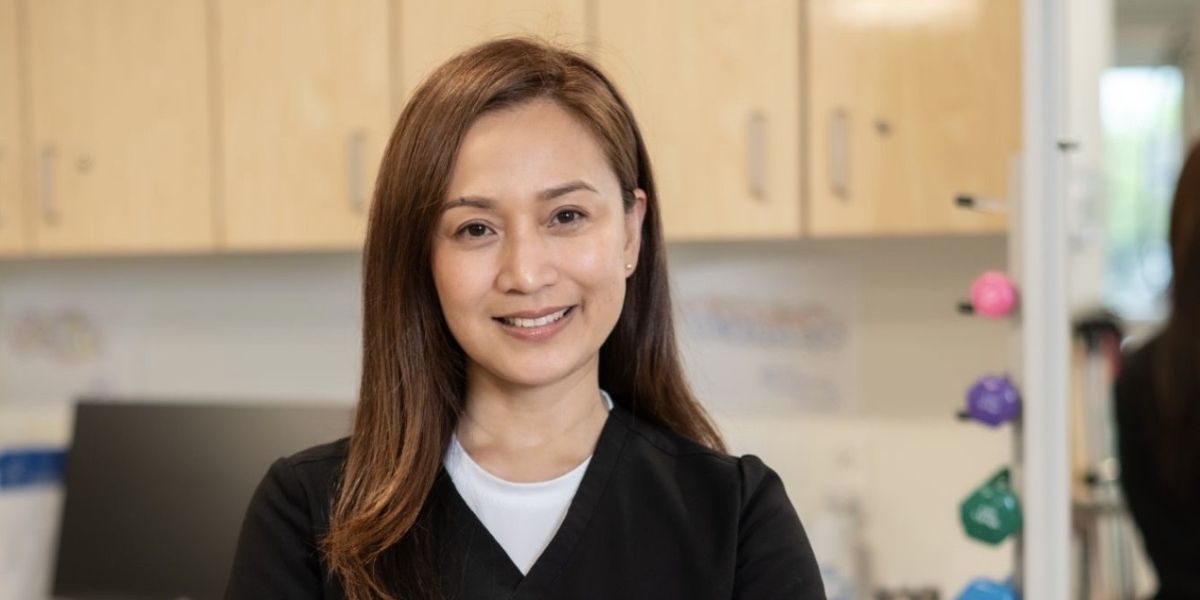By: Domenike Popesky
In New Windsor, a town often overlooked in medical innovation, Avalon Medical Center is playing a key role in transforming healthcare for an underserved population. With the only 3D X-ray machine in Orange County and a team of highly specialized physicians, Avalon brings advanced diagnostics and care to patients who, in the past, had to travel long distances for treatment.
However, technology is just one aspect of the story. Avalon’s team includes neurologists, vascular specialists, spine surgeons, and wound care experts, all collaborating under one roof to provide comprehensive care. Their mission is to address the healthcare gap and work toward improving outcomes for a community that has historically had limited access to healthcare services.
Q: What inspired Avalon’s creation in New Windsor?
Sergey Denevich (Co-founder): We noticed patients traveling long distances for care that could be more accessible locally. Delays in treatment and misdiagnoses were, unfortunately, common. We aimed to address these challenges by bringing specialized care and technology closer to this community.
Q: What makes Avalon different from other facilities?
Denevich: Our integrated approach sets us apart. Typically, patients see specialists in different locations, leading to fragmented care. At Avalon, our team works closely together, ensuring a coordinated treatment plan that is more effective and personalized.
Q: How has the community responded?
Denevich: There’s a growing sense of hope among patients. We’re not only filling a healthcare gap—we’re striving to enhance the standard of care in the region.

Photo Courtesy: Avalon Medical Center
Neurology: Spotting the Subtle Signs
Q: What neurological symptoms often go unnoticed?
Dr. Ranga C. Krishna: Symptoms like numbness, tingling, or headaches are sometimes ignored, but they can indicate underlying issues—particularly in stroke survivors or diabetics.
Q: Why should diabetics see a neurologist early?
Krishna: Diabetes can lead to peripheral neuropathy. If not addressed, it can cause chronic pain and mobility issues. Seeking care early can help manage complications before they become more severe.
Q: Avalon’s neurological approach?
Krishna: We utilize advanced imaging and develop customized treatment plans that incorporate medication, therapy, and minimally invasive procedures, focused on restoring function and improving quality of life, rather than merely managing symptoms.
Spine Surgery: A Modern, Less Invasive Approach
Q: How is Avalon changing spinal care?
Dr. Grigory Goldberg: Traditional spinal fusion can limit movement and often requires additional surgeries in the future. Our focus is on artificial disc replacement, which helps preserve motion and generally allows for a quicker recovery.
Q: Patient outcomes?
Goldberg: The results have been remarkable. Many patients return to pain-free living, work, and activities that they previously thought were beyond reach.
Vascular Care: Not Just Cosmetic
Q: Why take varicose veins seriously?
Dr. Warhit: While varicose veins are often considered a cosmetic concern, they can sometimes indicate more serious circulation issues and can lead to complications such as swelling, ulcers, or blood clots.
Q: How does Avalon treat them?
Warhit: We offer minimally invasive procedures, typically completed in under an hour, with no hospital stay required, providing patients with immediate relief.
Q: Common patient fears?
Warhit: A common concern is pain or downtime. However, our treatments are designed to be quick, effective, and minimally disruptive to patients’ busy lives.
Advanced Wound Care: Hope for Chronic Cases
Q: Why are chronic wounds so difficult to treat?
Dr. Berkowitz: Chronic wounds, especially in diabetic or post-surgical patients, can be stubborn and may persist for years. In some cases, complications can be severe, potentially leading to amputation.
Q: Avalon’s approach?
Berkowitz: We conduct thorough assessments and create targeted treatment plans specific to each patient’s needs. What used to be a long, uncertain healing process now often takes just months.
Q: Results?
Berkowitz: We’ve seen significant improvements. Patients who once felt hopeless are now healing, walking, and enjoying a pain-free life.

Photo Courtesy: Avalon Medical Center
More Than Medicine: Serving the Community
Q: Why is community involvement central to Avalon?
Denevich: Healthcare extends beyond treatment—it encompasses education, prevention, and access. Many of the conditions we address are preventable with the right support and early intervention.
Q: How do you reach underserved residents?
Denevich: We provide free screenings, collaborate with local organizations, and make it a priority to share knowledge with those who may need it the most.
Q: What impact have you seen?
Denevich: We’ve been able to help people detect serious health issues early, which can make a significant difference in outcomes. Perhaps most importantly, we’ve built trust—Avalon is increasingly seen as a key partner in the community’s long-term health.
Q: What’s next?
Denevich: Our focus is on expanding our outreach efforts, preventive care initiatives, and forming new partnerships with schools and local businesses. We remain committed to making healthcare more proactive, accessible, and community-centered.
















